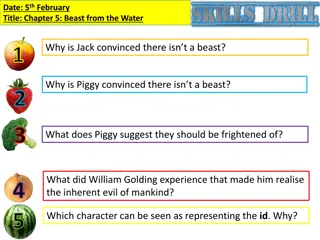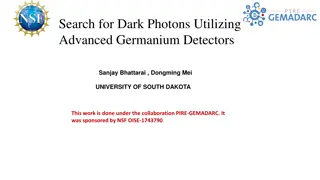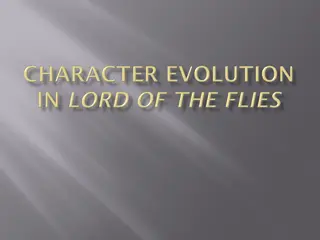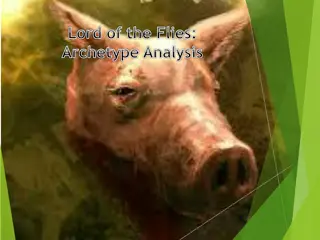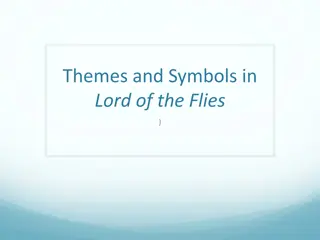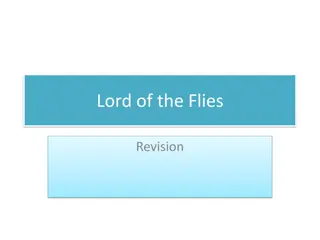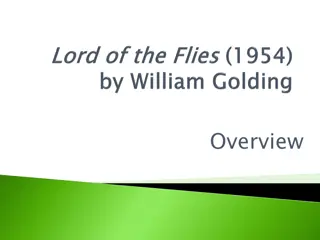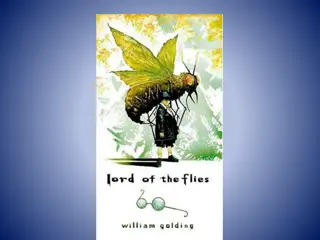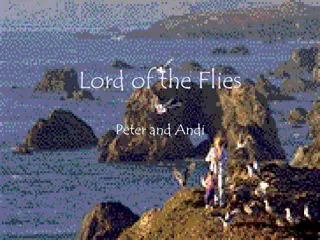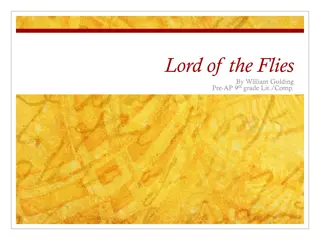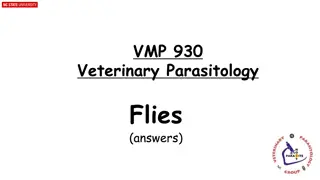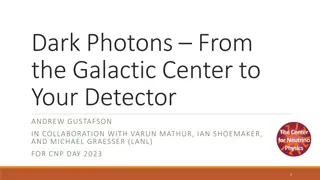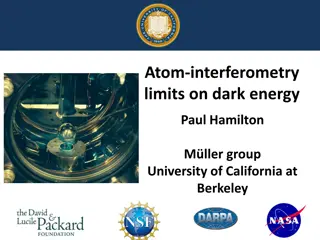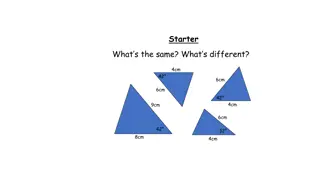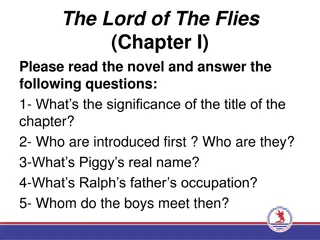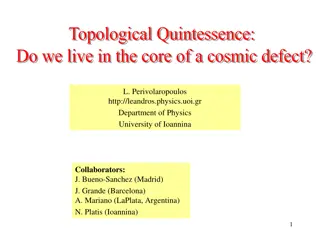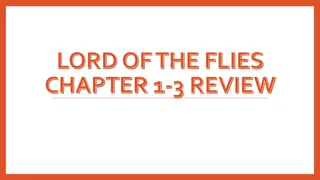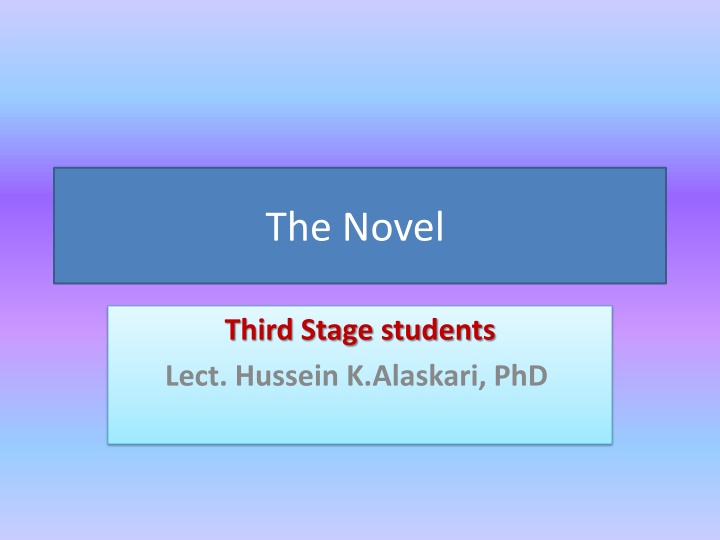
Dark Side of Human Nature in Lord of the Flies
Lord of the Flies by William Golding delves into the moral decay of society through the lens of children stranded on an uninhabited island after a plane crash. The novel explores themes of savagery, civilization, and the impact of war, portraying a grim reflection of human nature when stripped of societal constraints.
Download Presentation

Please find below an Image/Link to download the presentation.
The content on the website is provided AS IS for your information and personal use only. It may not be sold, licensed, or shared on other websites without obtaining consent from the author. If you encounter any issues during the download, it is possible that the publisher has removed the file from their server.
You are allowed to download the files provided on this website for personal or commercial use, subject to the condition that they are used lawfully. All files are the property of their respective owners.
The content on the website is provided AS IS for your information and personal use only. It may not be sold, licensed, or shared on other websites without obtaining consent from the author.
E N D
Presentation Transcript
The Novel Third Stage students Lect. Hussein K.Alaskari, PhD
Introduction Lord of the Flies is a novel by William Golding, published in 1954. The book explores the dark side of human nature and stresses the importance of reason and intelligence as tools for dealing with the chaos of existence.
In the novel, children are evacuated from Britain because of a nuclear war. One airplane, with adults and passengers, crashes on an uninhabited island, and all the adults are killed. As the boys fashion their own society, their attempts at establishing a social order gradually devolve into savagery. Finally abandoning all moral constraints, the boys commit murder before they are rescued and returned to civilization. prep-school boys as
The author He was born in Sept. 19, 1911Cornwall, England and died in June 19, 1993. Golding is an English novelist who in 1983 won the Nobel Prize for Literature for his parables of the human condition. He was educated at Brasenose College, Oxford, Golding graduated in 1935 and became a master at Bishop Wordsworth s School, Salisbury. He joined the Royal Navy in 1940. After the war he returned to teaching and remained in that profession until 1960.
The Political situation The novel was written in the backdrop of the so-called the Cold War: a struggle over political differences (as of two nations) carried on by methods short of war and usually without breaking off diplomatic relation. The Cold War refers to the period immediately after the Second World War. The major belligerents were the USSR (the Soviet Union) and its allies and United States and its allies. The Cold war peaked during the 1950s and 1960s when both parties threatened to use the nuclear weapons against their enemy. There was a great sense on uncertainty and people were unable to ensure their own lives.
Allegory or Fable Allegory is a more or less symbolic fictional narrative that conveys a secondary meaning (or meanings) not explicitly set forth in the literal narrative. It encompasses such forms as fable, parable, and apologue and may involve either a literary or an interpretative process.


